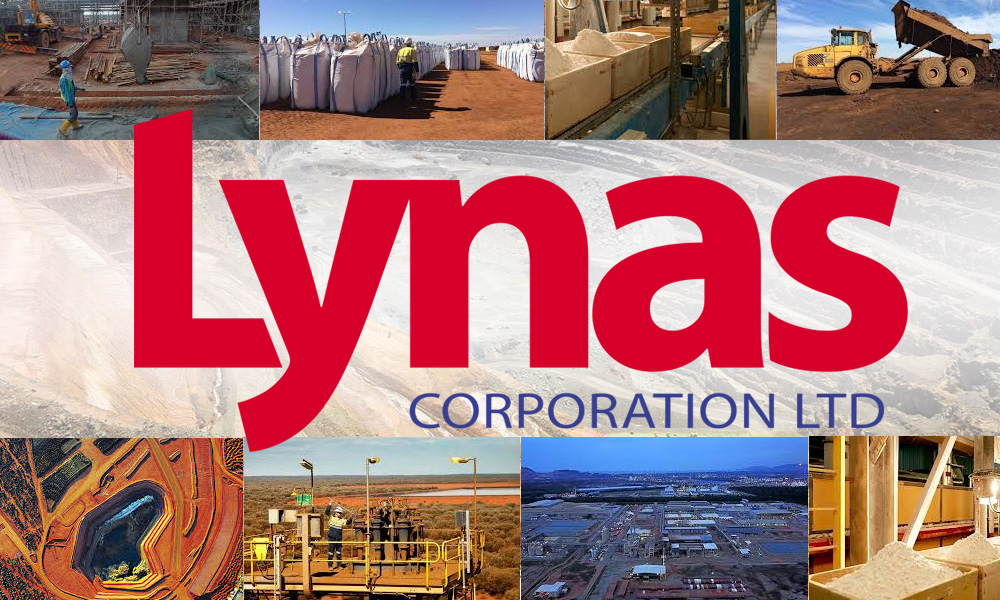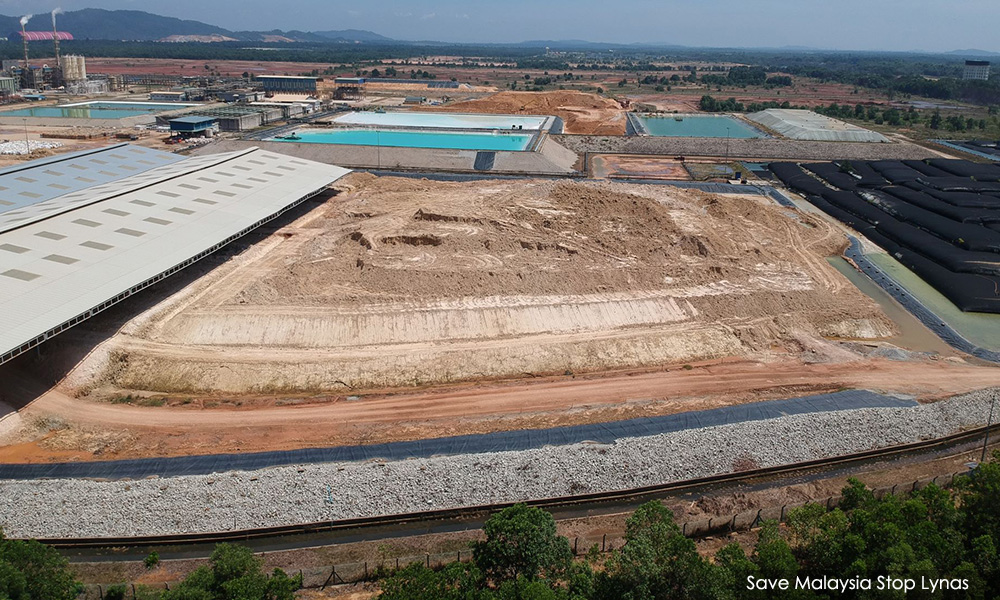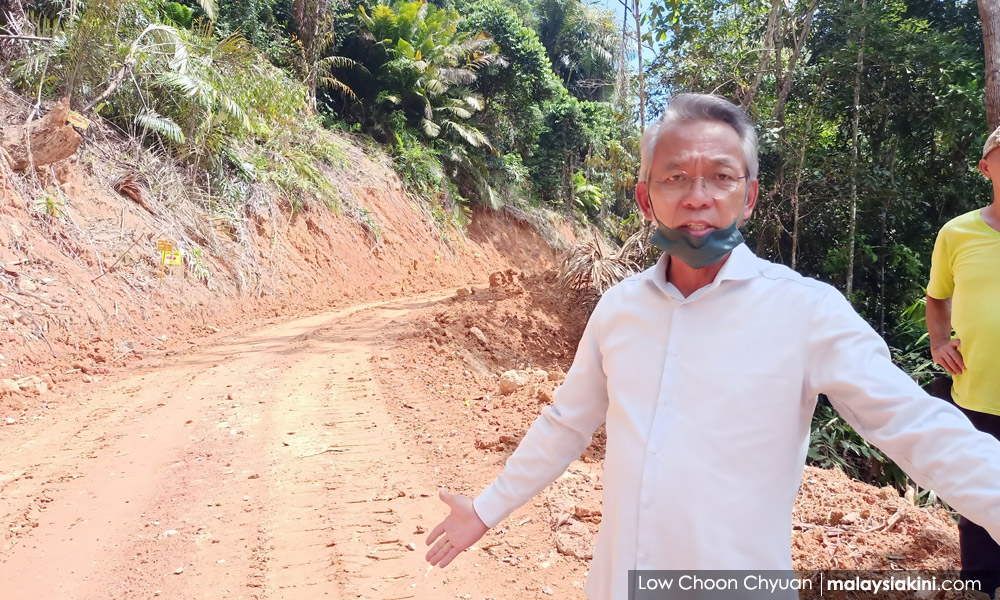Former energy, science, technology, environment and climate change minister Yeo Bee Yin has praised the government for demanding Lynas to move its “cracking and leaching” facility abroad before July.
In a statement, Yeo said she looked forward to the day the condition comes to fruition.
“No more radioactive waste production for Lynas in Malaysia by July. It has been a long journey,” she added.
Yeo (above) was the minister in charge of imposing the condition for Lynas to relocate the “cracking and leaching” facility back in 2020.
She said even then Lynas fought very hard to go against the condition, managing to lobby enough people for it to not keep its word.
“However, we refused to see the never-ending accumulation of radioactive waste in Malaysia, hence replaced the condition of removing all radioactive waste from Malaysia with removing the radioactive-producing process - also known as cracking and leaching - from Malaysia within four years.
“Under this new condition, Lynas had four years to build a cracking and leaching facility elsewhere. Upon its completion, Lynas would no longer be allowed to produce radioactive waste in Malaysia and only the intermediates are allowed to be shipped here for further processing.
“Lynas subsequently announced that it was able to satisfy the conditions imposed by the government and that it would build its cracking and leaching facilities in Kalgoorlie, Australia,” she added.
The former minister dedicated an entire chapter on Lynas in her book ‘The Unfinished Business’ last year, in which she lamented being forced to amend the licence condition for Lynas from “moving out the radioactive waste” to “constructing a cracking and leaching facility elsewhere”.
Still resistant
Yeo said that today, despite the cracking and leaching facility in Kalgoorlie being almost near completion, Lynas was again fighting very hard to escape the condition imposed on it.

“Its intention now is to run both facilities in Malaysia and Australia to maximise profit,” she said, adding that Lynas’ profit for the financial year in 2022 was A$540 million (RM1.65 billion) whereas the facilities construction cost in Kalgoorlie is estimated at A$575 million (RM1.742 billion).
“Can a company in any country decide for themselves what they need to comply with and what they don't according to their own liking and interest?
“In the name of economy and geopolitics, can a company be allowed to get off the hook from their written commitment not once but twice in a dignified country?” Yeo questioned.
On Feb 16, Lynas decried being singled out by the government despite complying with regulations.
It said hundreds of jobs would be lost as a direct result if it is forced to close its cracking and leaching facility, and thousands more in the surrounding community would also be affected.
Lynas’ rare earth products are strategic resources for the US, Australia and Japan, which are used in the manufacturing of smartphones, electric cars, engines for military jets and others.

The Lynas plant in Malaysia, which has been operating for the past 11 years, was also given a 12-year tax exemption. In other words, it has not paid a single ringgit in tax for more than a decade.
NGO support
Australian NGO Aid/Watch welcomed the Malaysian government’s decision to uphold the licence conditions.
According to its chairperson James Goodman, Lynas has no justification to expect Malaysia to accept further radioactive waste, especially as the state government of Western Australia has refused to accept this waste.
“Lynas must abide by its legal undertaking, signed in 2012, that it would remove its radioactive waste from Malaysia.
“A good corporate citizen upholds the law wherever it operates. It should not be disrespecting a developing country which has granted a 12-year tax break, fast-tracked its production permits, and tolerated 10 years of below-standard toxic and radioactive waste storage and disposal.
“This is uncalled for. It is ethically, socially and ecologically irresponsible and would not be accepted within Australia,” Goodman said.
The professor of Social and Political Sciences at the University of Technology Sydney stressed that rare earth products, as solutions to address climate change, should not replicate the negative impacts of the fossil fuel industry.
“We advocate for all rare earth supply chains to be clean, just and fair."
Goodman reminded that the UN special rapporteur is calling for submissions on the toxic impact of some climate solutions for their 2023 report, which would be submitted to the UN Human Rights Council.
Problematic waste management
Himpunan Hijau chairperson Wong Tack said the government’s recent decision does not solve the main issue of an overload of radioactive wastes dumped in the country.
“As of May 2019, Lynas has piled up 580,362 metric tonnes of radioactive wastes in their backyard. Today, it stands at 1.08 million tonnes and will reach 1.2 million tonnes by July.”
Wong, who is an activist turned politician, lamented the government’s decision to still renew Lynas’ licence, despite clear non-compliance with licensing conditions and a problematic radioactive waste management plan.

“One of the original conditions set for Lynas was to identify its permanent disposal facility (PDF) location within 10 months after the issuance of its first licence in 2012.
“Instead of taking a long overdue action against Lynas for not complying with this condition, the Pakatan Harapan government graciously gave Lynas another six months to do so,” he added.
Wong described the Gebeng’s PDF plan as “unsuitable” as it sits on a sensitive coastal area and in close proximity to Kuantan. Therefore, the government should review the PDF site.
“The new science, technology and innovation minister extended Lynas’ licence for another three years, without any review of the site which is clearly unsuitable, nor putting any efforts to find a way to make Lynas fulfil its original legally binding commitment to remove the radioactive waste from Malaysia.”
Wong, therefore, called on Science, Technology and Innovation Minister Chang Lih Kang to take the Lynas issue seriously and to exercise his ministerial duty in making firm decisions.
Yesterday, Lynas filed an appeal under the Atomic Energy Licence Act 1984 to the Science, Technology and Innovation Ministry, requesting an administrative review of the Atomic Energy Licencing Board's decision.
The decision in question pertains to the board's failure to consider Lynas' application to remove licence conditions that forbid importing and processing lanthanide concentrate after July 1. - Mkini




No comments:
Post a Comment
Note: Only a member of this blog may post a comment.